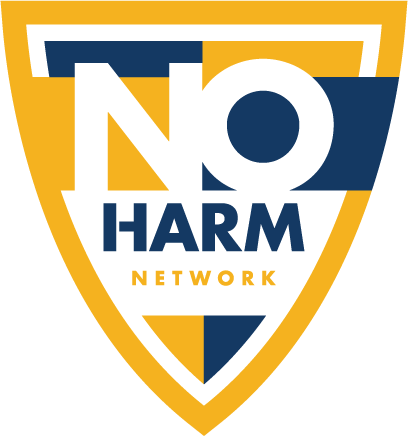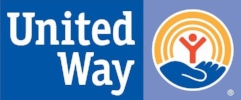LGBTQIA+ History Month
/Written by Avery Hammer, Adult Case Manager
Here at New Friends New Life, we have come to know that human trafficking is not one singular group’s issue, and as such, everyone should be aware of it and has a responsibility to seek education for themselves and those around them. The women and girls we work with come from different economic classes, countries, cultural backgrounds, and have varying beliefs and values. Even as we note that trafficking affects people of all kinds all around the world, there are people who are affected more often than others. For example, we know that 71% of human trafficking victims are women and girls, and they are often sold for sexual labor.
Similarly, we know that people of color and those who identify as part of the LGBTQIA+ community, are far more likely to be targeted for trafficking due to societal factors (discrimination, oppression, inequalities, generational trauma, etc.) that are largely out of their realm of control. As much as we hate to admit it, traffickers do have some intelligence in their vetting process and know how to identify those who experience vulnerabilities. Once traffickers have someone in their sights, they play the long game, seeking out unconditional trust and fealty that swiftly morphs into ownership and insurmountable debt: emotional, financial, or otherwise.
When you look at LGBTQIA+ youth, you see children that have been displaced or disowned by their families, bullied/ostracized by their peers, and have endured any number of abuses from a society that believes that their way of living and of loving is wrong. When you know that marginalized populations are more likely to experience trafficking, isn’t it obvious that LGBTQIA+ youth are at a disproportionally high risk for exploitation? Often, these youth are lured in with false promises of love, affection, shelter, employment, safety, and stability, and for those who have been deprived of basic needs or necessary care, it is an easy ploy for which to fall.
Of the youth experiencing homelessness, the LGBTQIA+ population makes up 40%. Of that 40%, 46% ran away due to family rejection, they are 7.4 times more likely to experience sexual violence and 3-7 times more likely to engage in survival sex, resorting to sexual acts in exchange for food, shelter, etc., to get their basic needs met. Traffickers seek out people with needs that can be filled easily by them and lead to dependency for their survival, so youth who are a part of the LGBTQIA+ community have a 33% chance of being picked up within 48 hours of leaving their home.
This is an important topic to be aware of as it affects so many of the youth in our nation. Look into current legislation, find ways to give back to organizations that help this population, and stay up to date on the news. You can make an impact in your community, all it takes is an open mind, heart, and arms.
If you or someone you know needs help, call the National Human Trafficking Hotline toll-free hotline, 24 hours a day, 7 days a week at 1-888-373-7888 or text 233733 to speak with a specially trained Anti-Trafficking Hotline Advocate.










